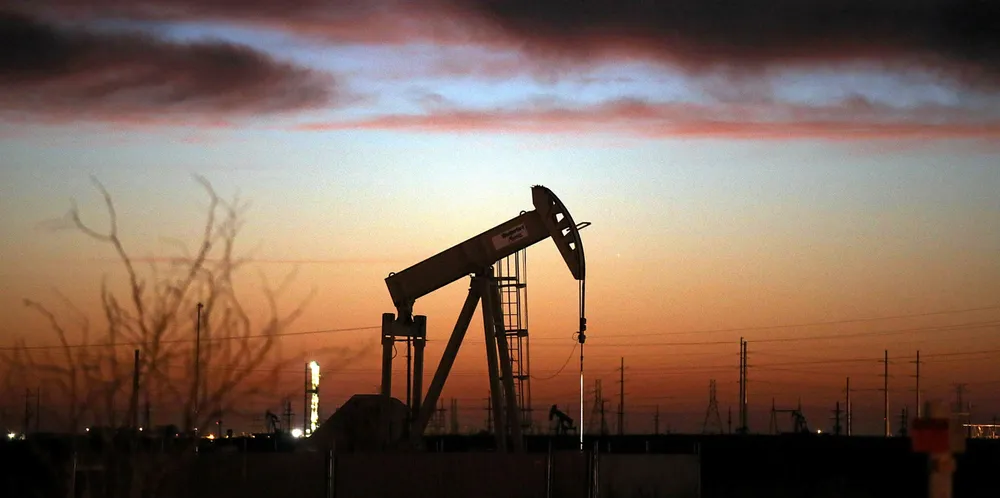'Investment market has flipped: renewables are now safe and boring, oil & gas is high risk'
IEEFA analyst tells conference why oil companies such as ExxonMobil and Chevron, which have failed to embrace the energy transition, are now volatile and unstable investments
